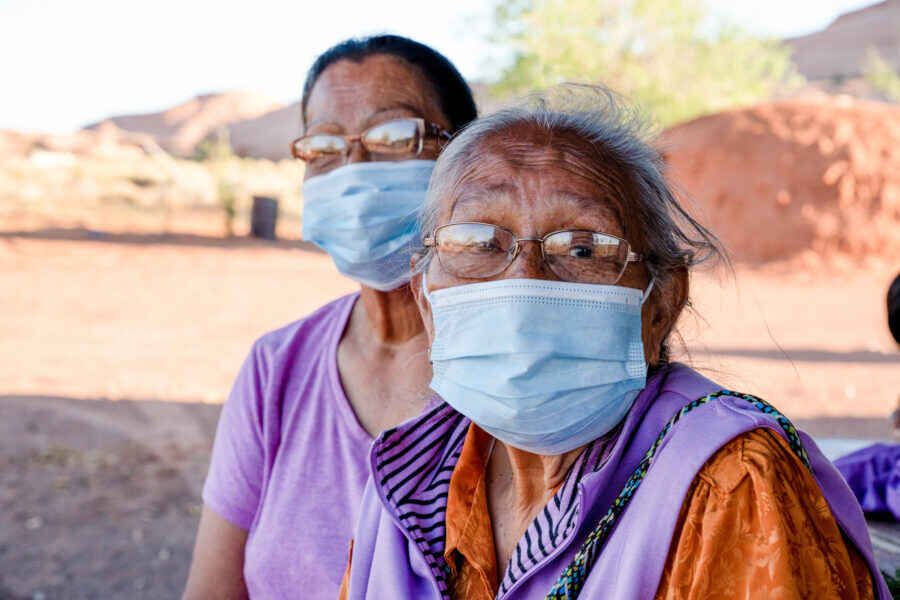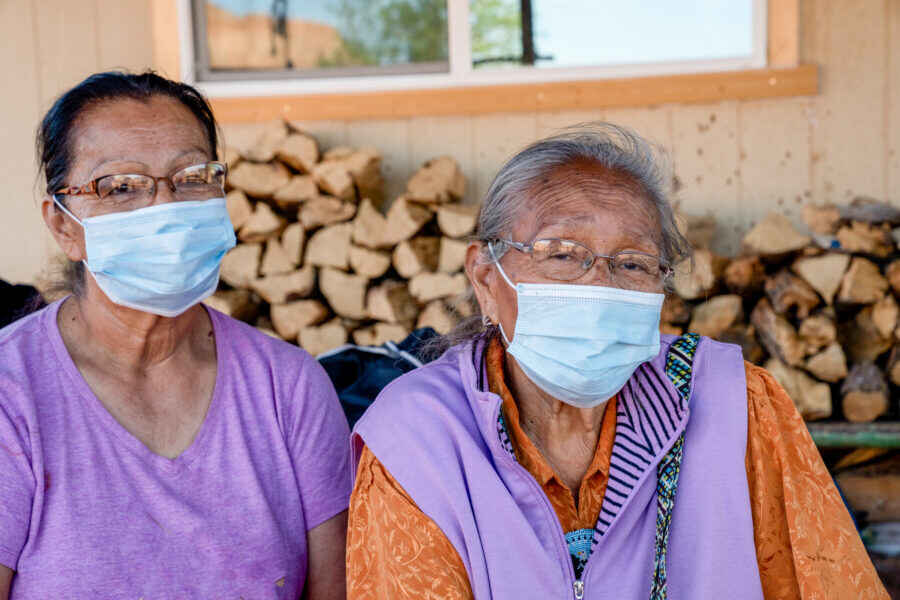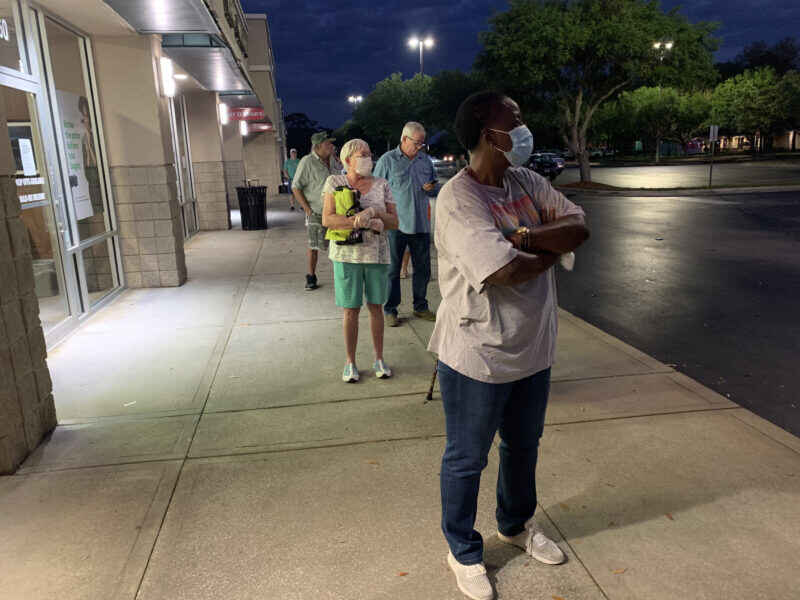
Network for Public Health Law Announces New Advisory Board Member
Network NewsThe Network is pleased to welcome new National Advisory Board member Adrian E. Dominguez, MS, Director of Informatics and Epidemiology, at the Urban Indian Health Institute, a division of the Seattle Indian Health Board that works with urban American Indian/American Native communities throughout the United States.











